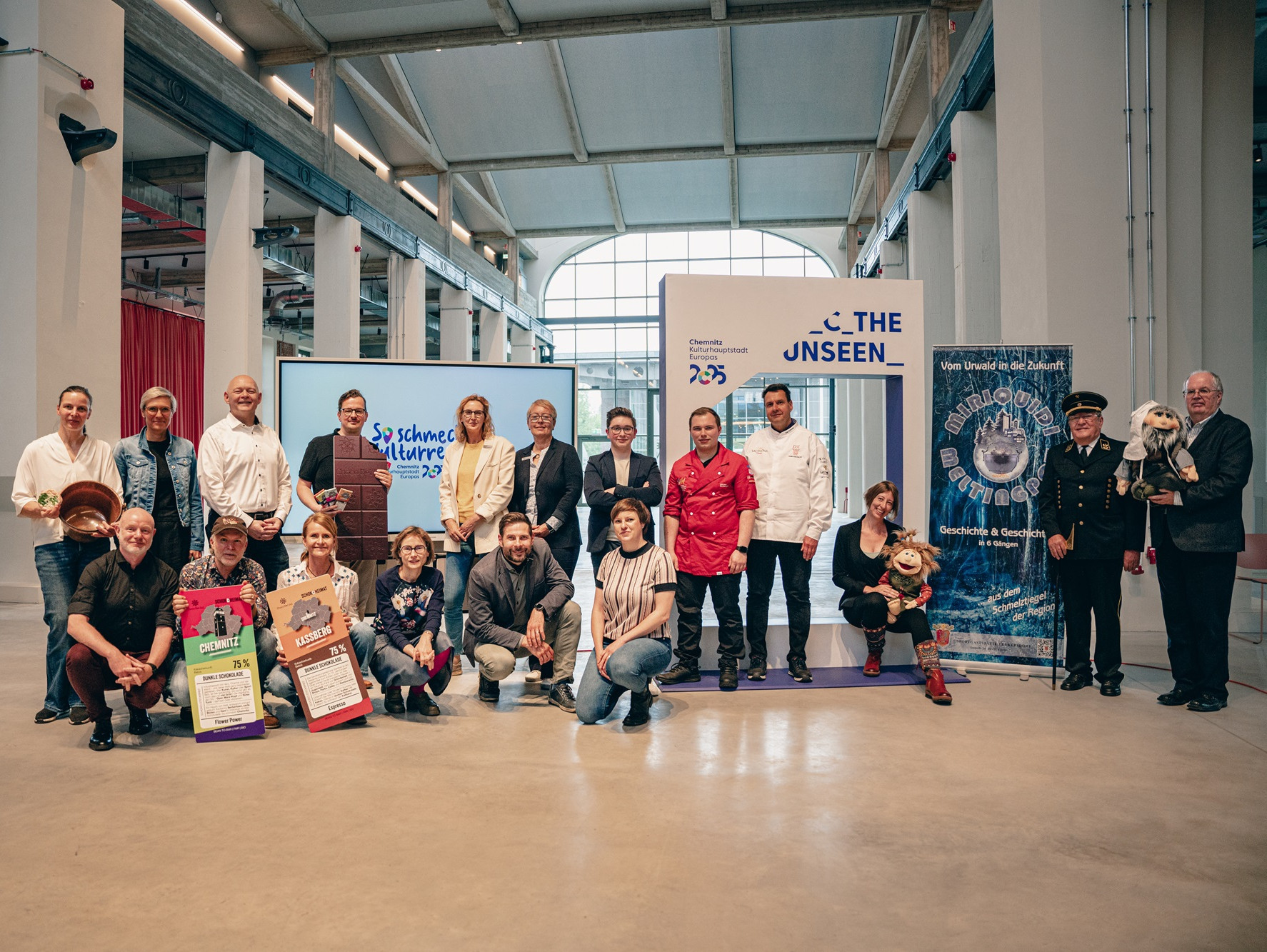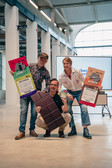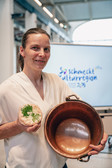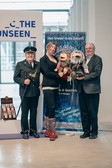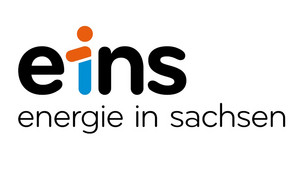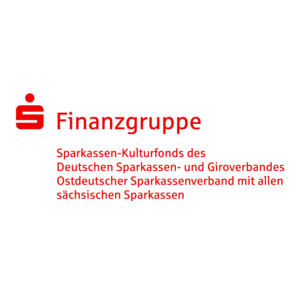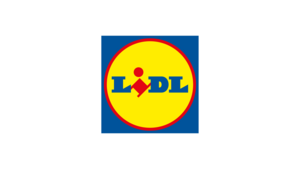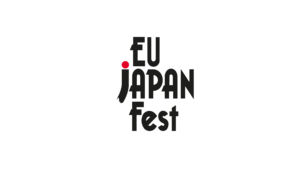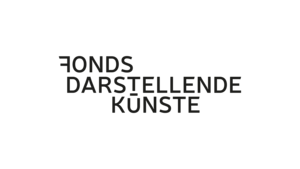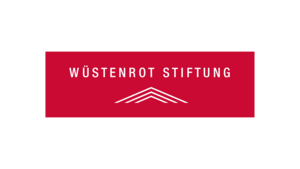Chocolate with district stories, culinary art with theatre and Erzgebirge cheese with a wine tour through Europe.
A seven-member jury has awarded the "So schmeckt Kulturregion" label to a total of 11 culinary products and events. The award-winning entrepreneurs can now use it to promote their submissions. In autumn 2023, the team of the Capital of Culture project Makers, Business & Arts, in cooperation with the Chamber of Crafts and the Chemnitz Chamber of Industry and Commerce, invited entries for this competition for culinary products and events for Chemnitz 2025.
Regionality was one of the six criteria according to which the submissions were assessed by the expert jury. Points were also awarded for sustainability, packaging, social relevance, originality and connection to Europe. A minimum number of points had to be achieved for the label to be awarded.
The "So schmeckt Kulturregion" label offers regional entrepreneurs the opportunity to give their innovative products or events special visibility as part of Chemnitz 2025 and to literally whet the appetite of guests of the European Capital of Culture.
A second round of the competition for the "So schmeckt Kulturregion" label will begin in June 2024. Products or events can be submitted digitally via an application form until 16 August 2024.
to the "This is what a cultural region tastes like" competition
The three entries with the highest rating include Chemnitz district chocolates created by the Burgstadt-based company "Choco del Sol" in collaboration with Edition Wannenbuch & Paperento Verlag. With a little story about the respective neighbourhood and locally inspired ingredients, each chocolate becomes a culinary neighbourhood guide as a "SchokoHeimat".
The chef and owner of the Leukersdorf sports restaurant, Claudia Lappöhn, took part in the competition with the "Miriquidi Meltingpot" culinary event. Because social development is always reflected in food and food culture, she and various partners want to combine culinary art with professional theatre in order to bring the history of the region and the many European eggs to life in a special way.
The Rößler-Hof farm in Burkhardtsdorf inv ites you to join in with its competition entry: During the Capital of Culture year, interested parties can make their own cheese on the farm and experience a "wine journey" through Europe in a workshop at the same time. The milk for the "Erzgebirgstaler" comes from the farm's own production and is mixed with wild blueberries and local herbs.
